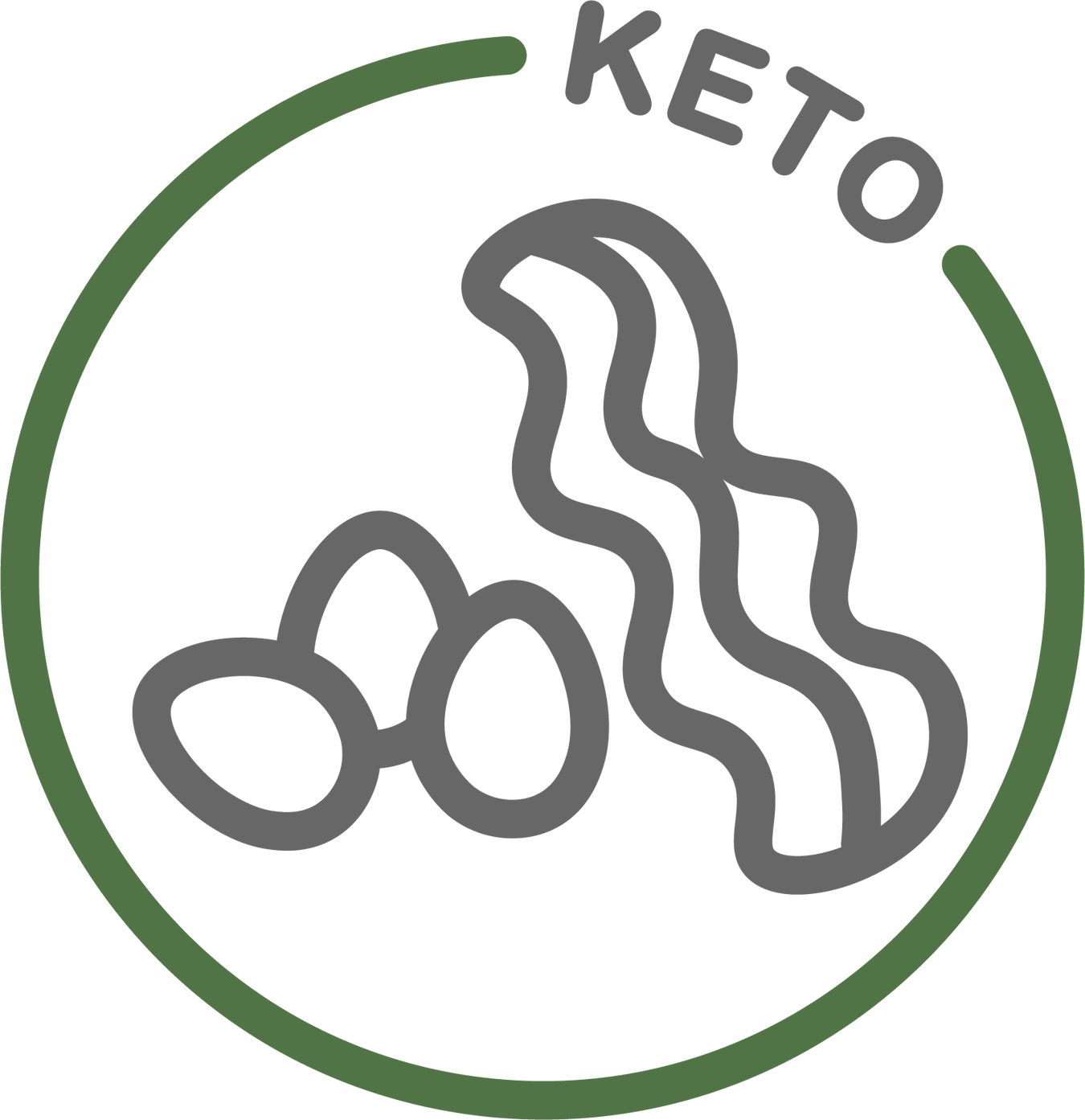Supports healthy bones
•Promotes the formation of bone-building cells
•Contains bioavailable K2
•Increases bone density
•Inhibits calcification of arteries and other soft tissue
•Promotes better insulin sensitivity
•Helps in the development of better teeth
Vitamin K: keeping calcium where it belongs
By Dr. Kate Rhéaume-Bleue
Despite the dramatic increase in sales of calcium supplements and calcium-fortified foods, rates of osteoporosis are relatively unchanged. At the same time, atherosclerotic plaques made up of calcium (among other things), continue to plague western populations. This is the Calcium Paradox: concurrent arterial calcification and bone loss. Is there a way to guide calcium out of arteries and back into bones? Yes, vitamin K.
Vitamin K is a group of fat-soluble vitamins and new research shows that many apparently healthy people are vitamin K deficient, potentially increasing their risk of bone loss and arterial calcification.1
Vitamin K1, (phylloquinone), is made by plants and is available in foods such as green leafy vegetables. Although important for good health, research shows that K2, not K1, is the major player in solving the Calcium Paradox.
Vitamin K2, (menaquinone), is found in the fermented soybean food natto, egg yolk, and dairy products from animals fed primarily on grass, not grain. Until recently vitamin K2 was only available in Canada with a prescription, but is now finally available in supplement form.
Vitamins K and D: better together
Vitamins K and D work synergistically to improve bone density. Many of the clinical trials found vitamins K2 and D had greater effect when given together as opposed to either nutrient alone.2 Vitamin D is required for the absorption of minerals such as calcium while K is needed to direct the minerals to the right place, preventing an inappropriate calcification of soft tissues.
Natural Factors Vitamin K & D provides 120 mcg of vitamin K2 as MK-7 (the most effective type of K2) along with 1000 IU of vitamin D3 in each softgel.
References:
1. Cranberg, E.C.M., et al., “Vitamin K: The coagulation vitamin that became omnipotent”. Thrombosis and Haemostasis July 2007; 98:120-125
2. Weber, P., “Vitamin K and Bone Health.” Nutrition 2001; 17:880-887














